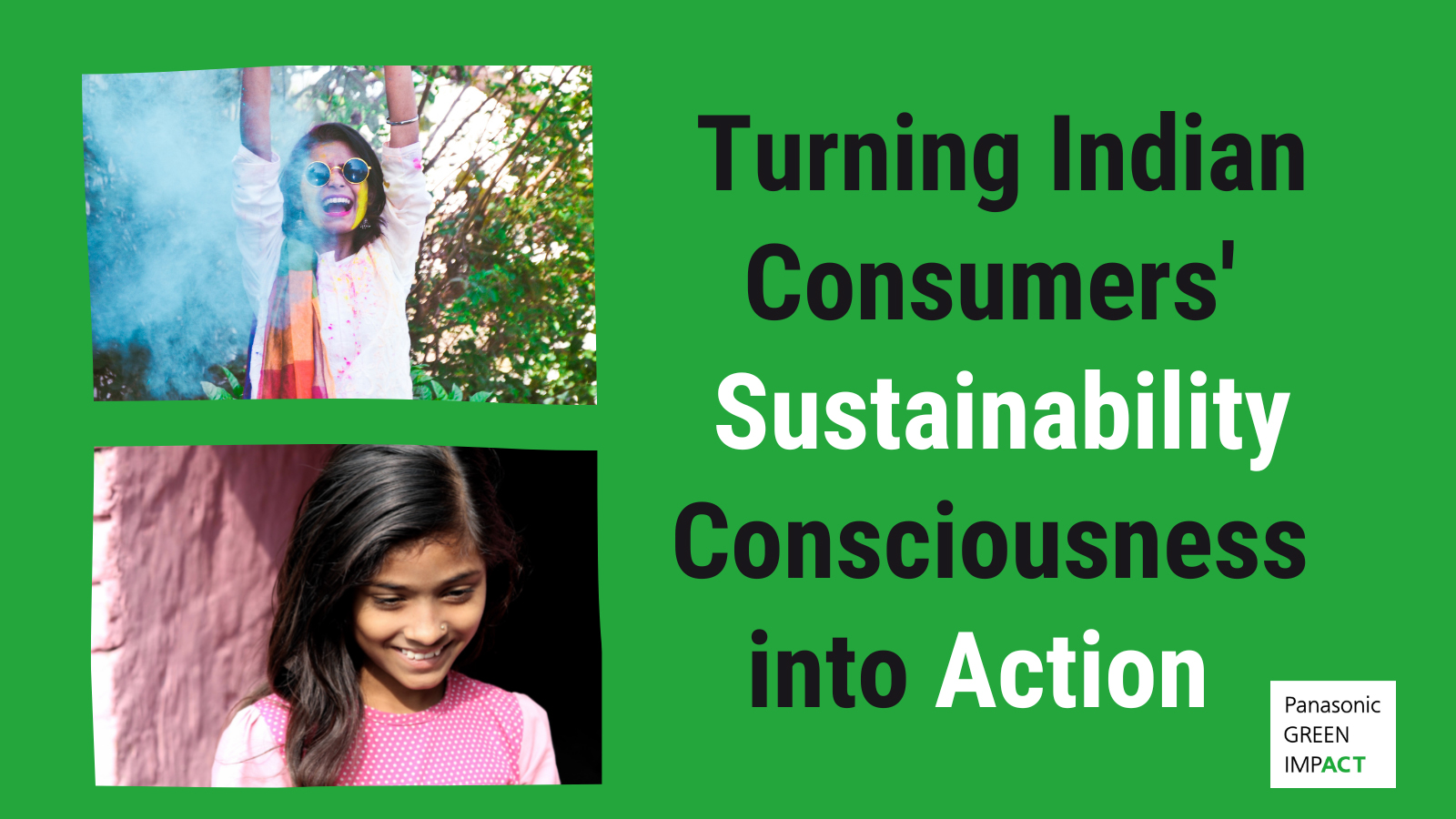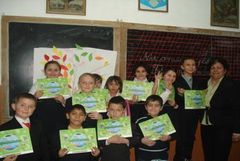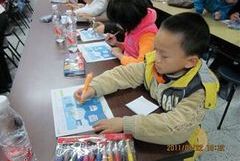
Dec 13, 2022
- Sustainability
- Feature Story
- Panasonic GREEN IMPACT
- India, Middle East and Africa

It takes people to create a sustainable society. To do so, adults are responsible for providing opportunities for children to learn and develop, so that they can fully realize their abilities and potential, and grow up to be global sustainability leaders of tomorrow. One of the ways that the Panasonic Group is working to help achieve this is through the Panasonic Kids School Eco Learning Program. This program started in August 2010 and targets elementary and middle school students around the world by raising awareness about the environment through hands-on experiences about global warming, biodiversity and more, in order to lead to future actions by the younger generation.
The Panasonic Kids School Eco Learning Program (ELP) consists of five learning modules that allow students to explore a diverse range of eco ideas. The "Global Warming" module allows students to understand the mechanisms of climate change and its impact, while the "Biodiversity" module that teaches about the mechanisms that interconnect all living things. Furthermore, as part of a development program for learning about Panasonic's environmental technology, the "Eco Technology" module that introduces Panasonic's environmental technologies with a focus on lifestyles with virtually zero CO2 emissions. The "Manufacturing and Eco Initiatives" module looks at the roles and efforts of people making environmentally-friendly products with a focus on innovation. The fifth module is called "Eco Living" and is intended to allow students to consider what they can do in their own lives to help prevent global warming.
As part of the activities of the 2010 fiscal year, the Panasonic Group has already launched the program in China, India, Thailand, Singapore, Indonesia, Germany, the United Kingdom, and Romania. The program including a factory tour and "Eco Picture Diary" has reached approximately 212,000 students so far. In the United States and Canada, where Panasonic has announced its North America Eco Ideas Declaration in the January of 2011, the company expects to provide environmental learning to at least 500,000 people by 2013. This objective is being realized through the Panasonic Kids School Eco Learning Program.
Among the countries where Panasonic operates, special emphasis is being placed on active environmental education in China. A total of 225 employees at sixty Panasonic Group companies in China have become instructors, and have provided environmental education to approximately 90,000 children to date. Teaching materials for the lower grades of elementary school have been developed, and in combination with the Panasonic Kids School Eco Learning Program, classes are being developed according to the educational standards and regulations in China. In Panasonic's 2009 Eco Ideas Declaration for China, the company announced a policy for providing environmental education to one million children over the next 10 years. Activities are being steadily promoted to achieve this goal.


In India, the program is being developed in seven major cities: Delhi, Mumbai, Kolkata, Chennai, Bangalore, Chandigarh, and Ahmedabad. A special website, along with products for environmental education, has been prepared for the Indian market, and currently, environmental learning has been provided to 17,000 people through awareness activities.


The Panasonic Group has announced its environmental action plan, Green Plan 2018, in October, 2010. This plan includes providing environmental education for two million children by 2018, the 100th anniversary of the company's founding.
The Panasonic Kids School Eco Learning Program is a specific initiative of this policy, and is an important tool for the plan's realization. The Panasonic Group is now making steady progress toward the achievement of this expansive global target.
The content in this website is accurate at the time of publication but may be subject to change without notice.
Please note therefore that these documents may not always contain the most up-to-date information.
Please note that German, French and Chinese versions are machine translations, so the quality and accuracy may vary.